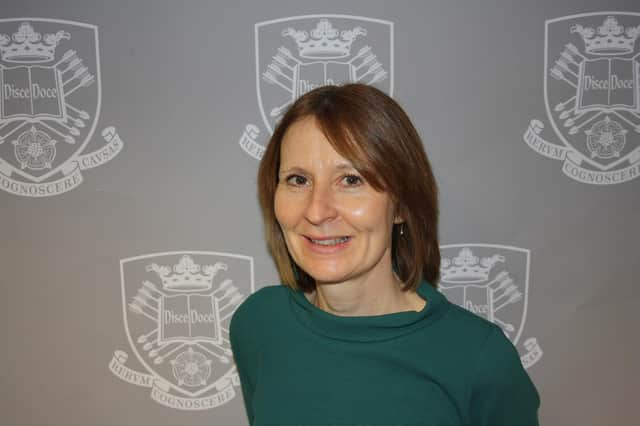Children in Sheffield 'worse off' as report shows inequality for children in the north after pandemic


The Child of the North: Building a fairer future after COVID-19 report, written by over 40 leading academics from across the North of England, was published on December 7.
It outlined the cost to society and UK’s economy of rising inequalities following the Covid-19 pandemic and looked at a wide range of factors, from child poverty to children in care .
Advertisement
Hide AdAdvertisement
Hide AdSarah Salway, Professor of Public Health at the University of Sheffield, said: “The overall picture that the report is trying to hammer home is that children in the north are more likely to live in poverty than the rest of England, and that is increasingly the case.
“If you don’t pay attention to children in the north and ensure that future investment recognises their needs, the knock on effects will be huge for children and families but also for the economy.
“It is a wake up call for the government to redress how past funding has not followed need. Local public health and national records suggest that the patterns shown in the report also apply to Sheffield children.
“Children in Sheffield are worse off than the national average across of whole range of indicators, from living in poverty to dental decay and obesity.”
Advertisement
Hide AdAdvertisement
Hide AdKey findings of the report estimated that for children in the north missed more schooling than other children in England and that this loss of learning over the pandemic will cost an estimated £24.6 billion in lost wages over lifetime earnings.
Additionally, it found that children in the north have a 27 percent chance of living in poverty, seven percent higher than the rest of the country.
Hannah Davies, Health Inequalities lead for the Northern Health Science Alliance and report co-author, said: “This new report illustrates in no uncertain terms that without significant, properly-funded measures to tackle the entrenched inequalities experienced by children in the North of England, from birth, there will be no levelling up in the country.”
The report’s authors put forward 18 recommendations to address these inequalities, which include focused investment in early years services in the north, and Increasing child benefit by £10 per child per week.
